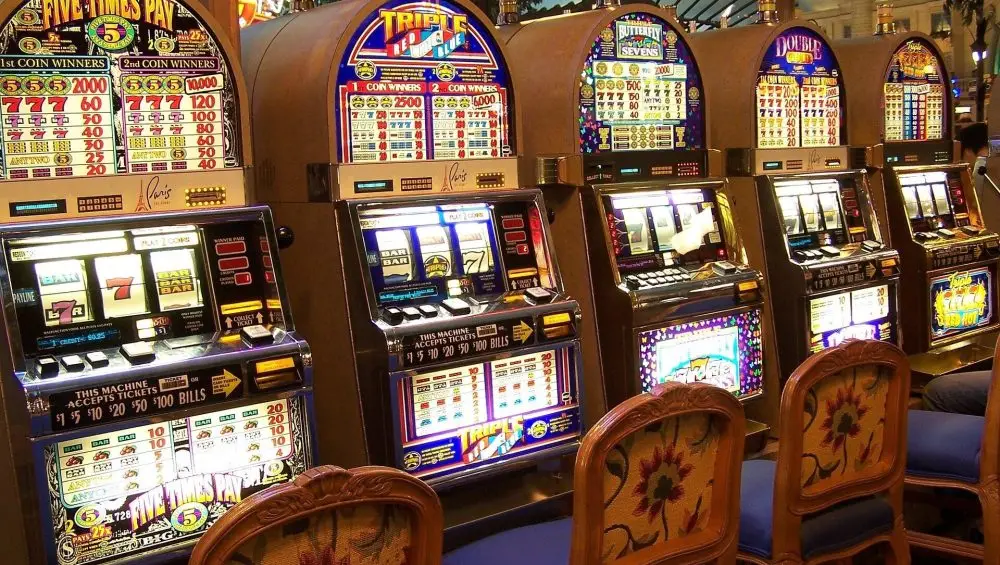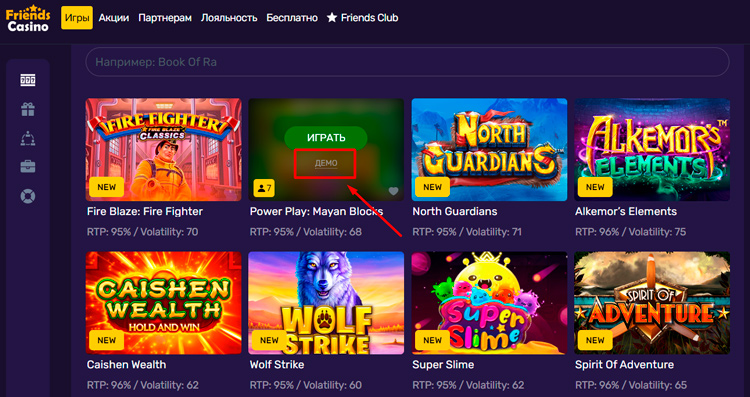Online casinos and neural networks simultaneously evoke interest and caution among players. With each passing year, digital technologies complicate familiar gaming strategies. Artificial intelligence offers tools for analysis, forecasting, and optimizing actions that previously seemed like fantasy. Many wonder: is it really possible to beat the casino with AI, or is it just an illusion of control over randomness?
Online Casinos and Neural Networks: How AI Works
Online casinos and neural networks intersect in several key areas. Artificial intelligence collects statistics on bets, card combinations, and player behavior. Neural networks process large data sets, identify patterns, and attempt to predict outcomes.
In modern platforms with live games, artificial intelligence analyzes dealers, the frequency of card draws, and betting dynamics. The RNG (random number generator) ensures randomness, but AI can study patterns of specific players’ behavior and identify their weaknesses. Examples of practical applications:
- AI-based software tracks previous rounds of slots and determines the probability of bonus triggers.
- A neural network in baccarat analyzes bank and player betting strategies, calculating optimal bet combinations to minimize losses.
- Dro High and Switch poker algorithms assess the likelihood of forming strong card combinations and suits.
Meanwhile, operators use their own monitoring and suspicious activity blocking systems. Attempting to beat the casino with AI requires precise algorithm tuning and an understanding of the platform’s architecture.
Real Limitations of AI in Casinos
Online casinos and neural networks face a fundamental problem: RNG randomness. Even the most powerful algorithm cannot fully predict the outcome if the number generator is properly protected and certified.
Additional considerations include:
- Risk of account blocking for suspicious activity.
- Limitations in the bonus system: wagering requirements and bonus acquisition conditions complicate strategy.
- Software restrictions: most platforms use secure client programs that prevent direct access to RNG results.
- Fraud and legal responsibility: attempting to modify or manipulate platform software is strictly prohibited and punishable.
AI can only be used as an analytical tool for evaluating strategies and bets, not as a magical way to beat the casino.
Application of Neural Networks in Betting and Strategy Analysis in Online Casinos
Today, online casinos and neural networks serve as powerful tools for deep analysis and optimization of gaming processes. Artificial intelligence analyzes vast amounts of data in seconds, identifies patterns that humans are unlikely to notice, and helps formulate strategies with minimal risks.
Betting History and Player Behavioral Analysis
Neural networks record every player action: bet size, selected slot, time between reel spins, betting sequences in live games, and even reactions to wins and losses. This analysis allows for user profiling and identification of consistent behavioral patterns. For example, the BetSoft Live platform’s system collects data on each player session over the last 30 days and creates probability change strategy graphs. These data provide analysts and players with an understanding of when a participant is inclined to take risks and which bets yield the highest long-term returns.
Probabilities of Winning Specific Combinations
The neural network processes hundreds of thousands of spins or hands, modeling the probabilities of card combinations or slot symbols. In the case of slots, the algorithm can assess how often a bonus round triggers, the number of spins between significant wins, and determine the optimal bet range for profit maximization. For instance, the Trillion Slots platform tracks the results of the last 1000 spins, highlights the frequency of jackpot and bonus triggers, and based on this data, forecasts winning probabilities for different bet levels.
In live games like baccarat or badugi, the neural network analyzes dealer actions, the frequency of wins for different card combinations, creates heat maps of winning strategies, and evaluates the bank-to-player bet ratio. This approach helps identify weaknesses in a player’s strategy and adjust it with minimal losses. For example, AI can calculate that by betting on a specific card combination, the win probability is 23.7%, with an average profit over a series of 50 rounds amounting to 1.8% of the bankroll.
Optimizing Betting Strategy for Slots and Live Games
Using AI not only allows for result prediction but also for strategy development, considering game dynamics and specific casino software indicators. For example, the system analyzes how slot volatility changes after a bonus round or how often a dealer wins with a specific card sequence in live sessions. Based on this data, the algorithm suggests optimal bets and capital distribution.
As an example, the Bacchus AI platform monitors bank actions on 20 different baccarat tables simultaneously, evaluates card combinations, the frequency of winning outcomes, and recommends the player’s bet size and distribution. The system takes into account that an overly aggressive strategy can lead to casino blocks or reduced bonuses due to wagering requirements.
The neural network can model dozens of scenarios simultaneously:
- predict how a player’s balance will change with different bets;
- calculate optimal moments for increasing or decreasing bets;
- generate reports on risks and winning probabilities for each strategy;
- integrate data on current bonuses and wager ratios to maximize actual profit.
Platforms and capabilities of neural networks:
- Trillion Slots – provides an API for slot results analysis, allows modeling bonus and win probabilities across bet ranges.
- BetSoft Live – offers live dealers and dynamic statistics, with the neural network analyzing card draw frequency and recommending betting strategies.
- Bacchus AI – a platform for baccarat and badugi analysis, recording banker actions and calculating optimal bets to minimize losses.
- Switch Poker Analyzer – the neural network models card combination and suit formation, enabling outcome prediction for Dro High and Switch.
- Slot Metrics – an analytical platform for slots, providing reports on jackpot and bonus frequency, analyzing casino software and player strategy.
AI does not directly beat the casino but becomes a tool for analytics and optimization, allowing for a more informed approach to the game.
Ethics, Risks, and Legal Aspects
The use of AI in gambling always carries risks. Online casinos and neural networks can enhance analysis efficiency, but any attempts to interfere with algorithms or deceive the system are considered fraudulent:
- Legal responsibility: tampering with RNG is punishable by fines and license revocation.
- Blocking risks: activity indicating attempts to beat the system leads to immediate blocking.
- Financial risks: incorrect AI strategy can result in significant losses, especially in live games and high stakes.
- Ethical aspect: AI use for analysis should be limited to personal strategy, not interference with casino operations.
Conclusion
Online casinos and neural networks open new horizons for analyzing and forecasting gambling games. Artificial intelligence does not guarantee victory but helps better understand the mechanics of slots, live games, baccarat, and badugi. Experienced players use neural networks to assess risks, choose betting strategies, and increase game efficiency without violating platform rules.
Modern platforms actively implement blocking systems, RNG, and complex software that make direct casino beating impossible. Neural networks become tools for analytics rather than magical keys to winning. Conscious AI application minimizes losses, analyzes strategy, and enables smarter play, turning gambling into a manageable process.
 en
en  de
de  ar
ar  es
es  hi
hi  nl
nl  fr
fr  it
it  pt
pt  el
el 









